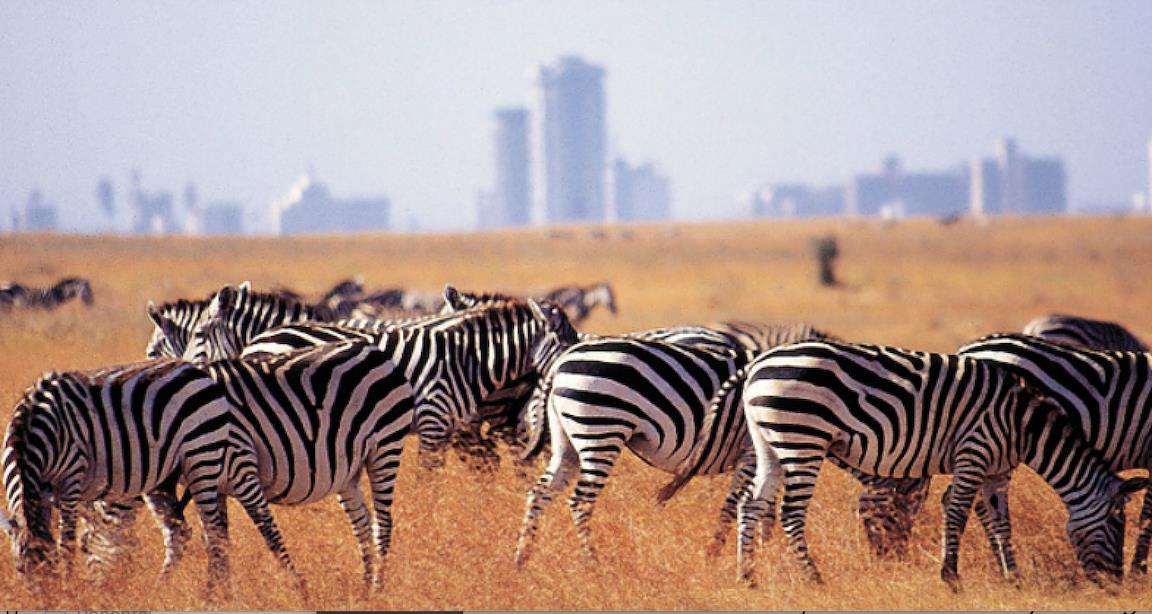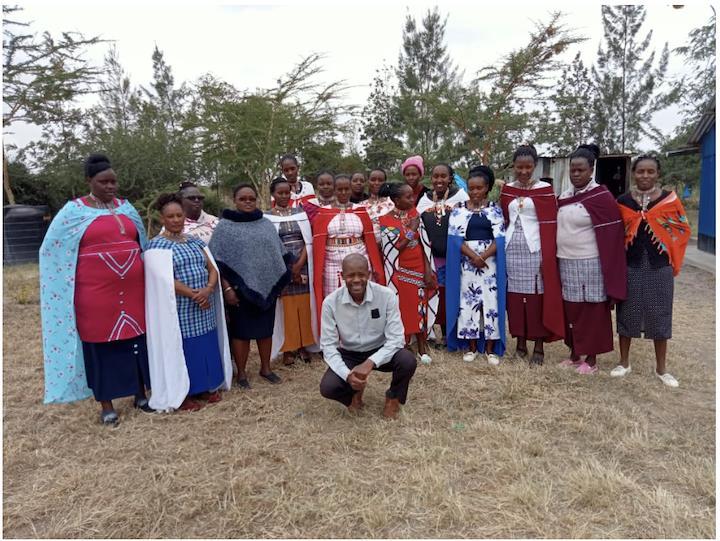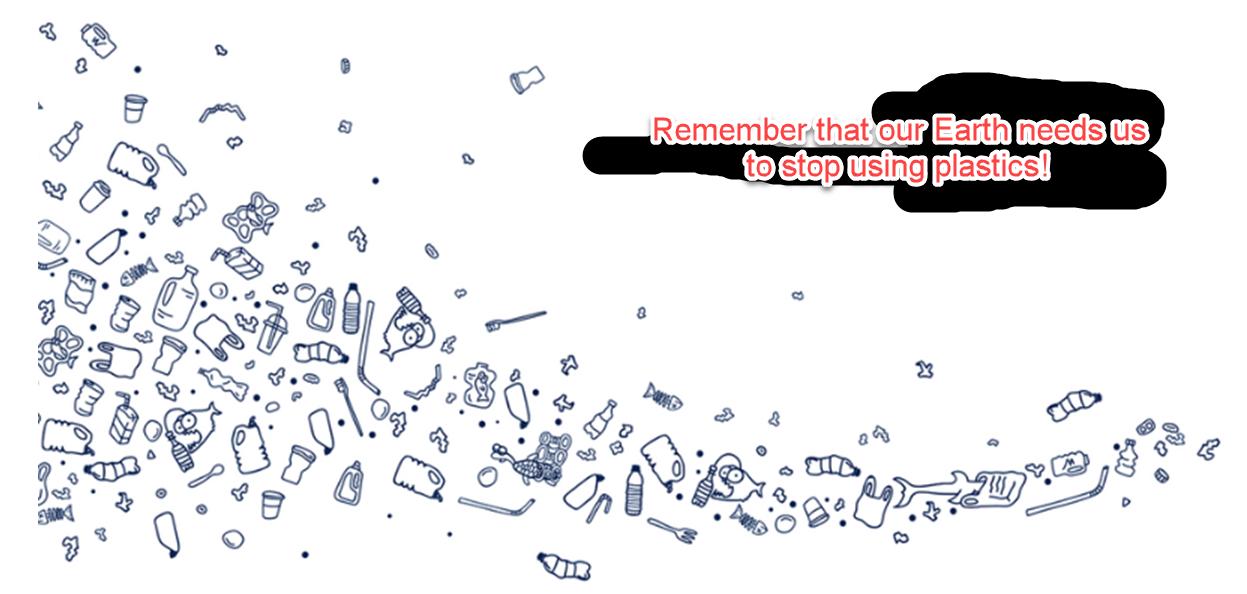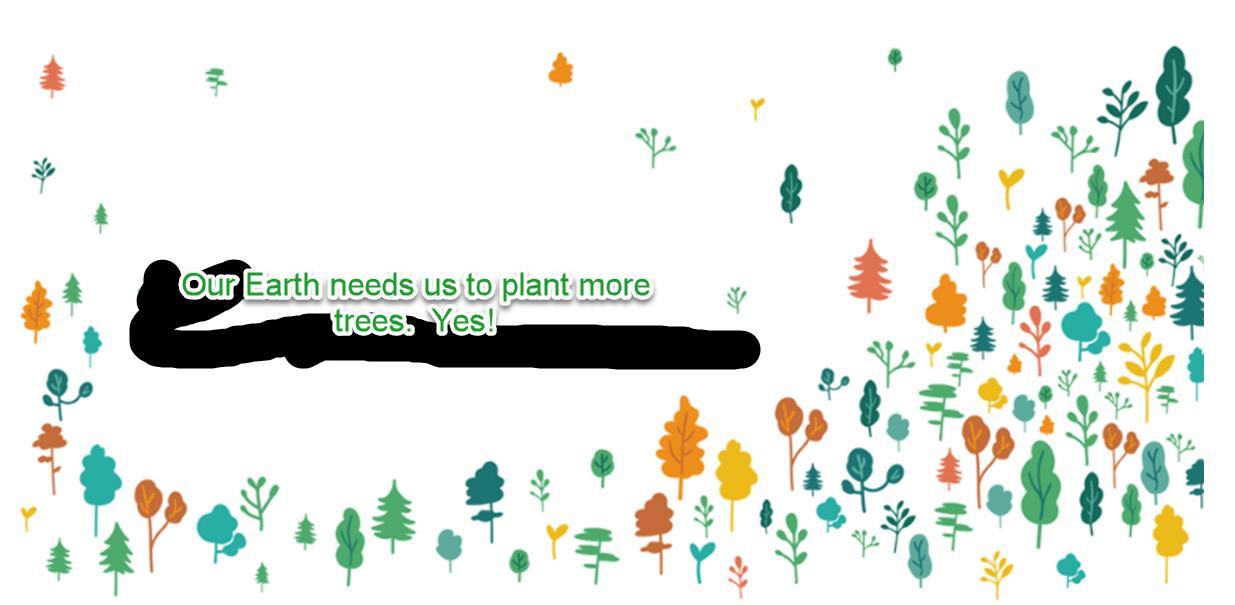
1 minute read
Plastics, Trees, CO2
poaching staff. With little support from the Kenya Government, the community has formed its own conservancy to protect the Athi-Kapiti Plains.
Photo: Nairobi spreads ever closer to wildlife habitats. Credit: Acacia Moyo
Advertisement
The Kitengela Maasai’s intimate knowledge of the vegetation and the grazing habits of livestock and wildlife have given rise to their own land use regulations. This enables them to adapt collectively to changing climatic conditions.
This relationship with the natural world makes them agents of the People, Planet, and Prosperity agenda for sustainable development.
After much research owing to the impact of long-term drought, urbanization, land fragmentation and the aftereffects of COVID 19, Acacia Moyo, founded in 2017 by Kenya-born Kenny Mann and the Maasai's then Assistant Chief Nickson Parmisa, initiated a beekeeping and honey-making project as a viable alternative livelihood for the community in Kitengela.
The demand for honey in Kenya is 100,000 tonnes, but the nation’s current production is only 7500 tonnes. The global market for honey is worth $12 billion.
Kitengela’s indigenous trees are acacias, whose pollen results in an exclusively light and sweet honey. The area being arid and semi-arid, we have to increase foliage to enable at least 4 harvest seasons per year and drill a borehole for dedicated water supply. Drought-resistant roses and chilies are being piloted in the bee garden to provide additional pollen for the bees.
Beekeeping is inexpensive to maintain once initial costs have been covered. The community has already appointed a beekeeping committee consisting of a chairperson, a secretary, and a treasurer. These are respected community leaders with vast business experience. Participating members of the community include the Ntalala Women Microfinance group.

Photo: The Ntalala Women Microfinance group with Felix Kariuki
The Kenyan and American clubs are working to prepare a Rotary Global Grant proposal for the bore well. Email me if you’d like to join the project!
Engineer Felix Kariuki is International Service Director of the LavingtonEco Rotary Club













